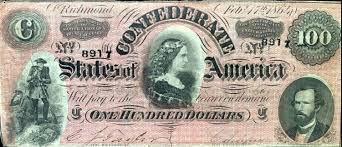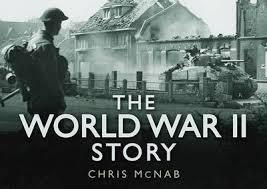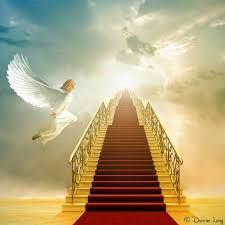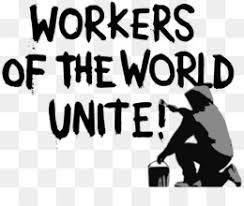Why do people accept little pieces of paper in exchange for goods and services? The paper has no intrinsic value. U.S. currency used to carry a government promise of redemption in gold or silver, but no longer. Yet we still accept it because we know everyone else does. It’s that shared belief that creates its value — from nothing, as it were.

A lot about human civilization works this way, as historian Yuval Noah Harari argues. Money’s value is a story we tell ourselves; it has no independent reality apart from that storytelling. The same applies, Harari says, to things like the European Union, or Apple Corporation, which exist only as mental constructs — stories.

Nevertheless, Harari is right that storytelling has always played a key role in how people understand, relate to, and function in the world. It’s how we organize information, and respond appropriately to it. In fact, the meaning of our lives, our very sense of self, really are stories we tell ourselves.

The foregoing points up that insofar as storytelling aims at understanding, it helps for it to be reality-based. But beliefs — stories we cherish — can produce a powerful reality-distortion effect. As in the case of WWII Germans (at least from the victors’ perspective). I have written of what I call my own “ideology of reality.” The stories we tell ourselves should be shaped by reality, as best we can perceive it — rather than the realities we imagine we perceive being shaped by the stories we tell ourselves.
When someone is alone in telling themselves a story at odds with reality, we call that madness. When a lot of people do, we call it culture (or religion).
Harari (in his book Homo Deus) talks of the 12th century’s Third Crusade, to retake Jerusalem from the “infidel” Muslims, and “John,” a hypothetical young English nobleman who joins it.

Of course there’s much more to Christianity’s story. Adam disobeyed God by eating from the tree of knowledge, and that “original sin” tainted all of Adam’s descendants, barring them from Heaven until Jesus came and accepted his own death to redeem humanity. Though Jesus actually cheated death and got resurrected. I think that’s more or less the story. It sure is a good one. A real whopper.

Harari’s book gave me added insight into Trump supporters. The tale of Crusader John seems very pertinent. Trumpism entails a potent witch’s brew of stories, which of course he himself assiduously stirs.

Combining religious and political stories
Those stories dictate the reality his supporters perceive. That America needs making great again. That we’ve been schnooks victimized by other countries. That immigrants are mostly bad people, bad for America. Maybe most non-white people are. Like Obama who was born in Africa and was very bad. That Hillary was a monstrous criminal too. That mainstream press lies, while Trump tells it like it is. That he’s a sort of crusader himself, working hard to drain the swamp, a white knight battling against all those nefarious forces and a deep-state political conspiracy of evil liberals and infidels intent on bringing him down with phony allegations.
It’s not only Trump himself, and his voters, telling themselves this story. It’s his government officials, spokespeople, and most Republican politicians too, convincing themselves of it (or most of it). Just listen to them. Like Crusader John, they’ve so brainwashed themselves that they actually, truly, literally believe it.

